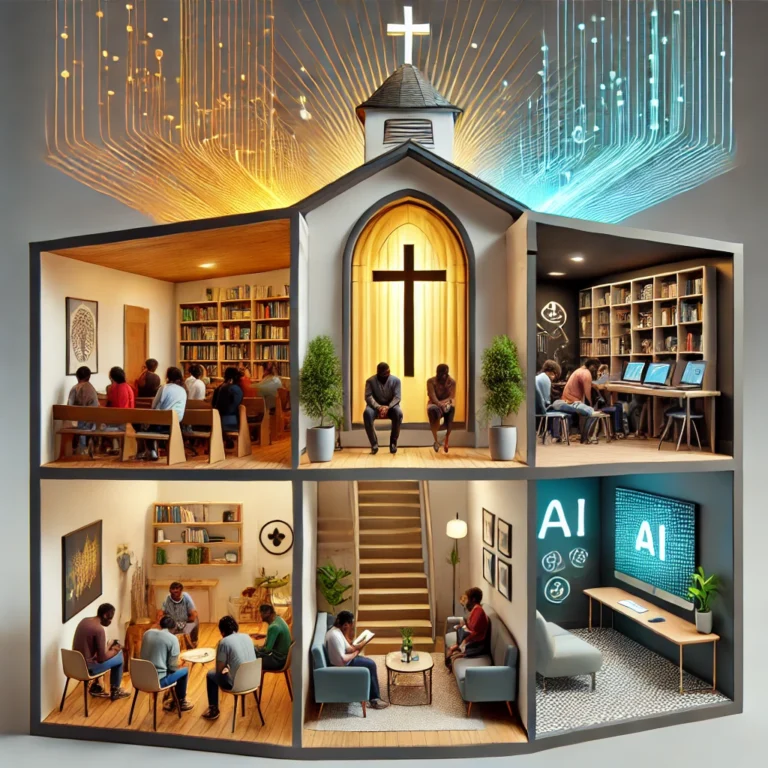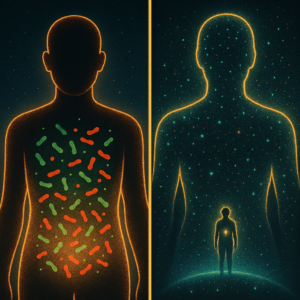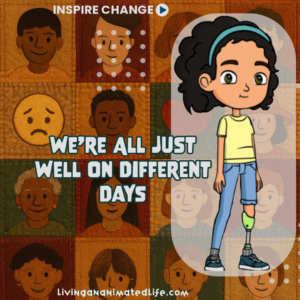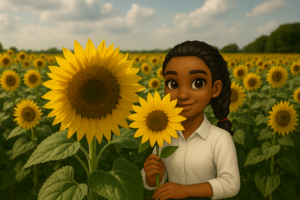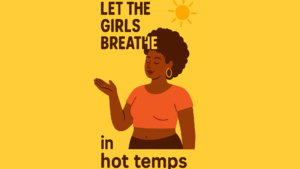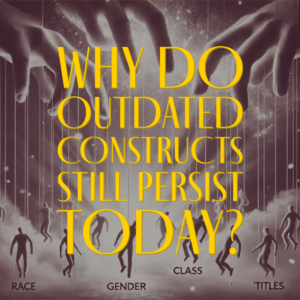In a world filled with challenges, many seek guidance in different ways—some turn to faith 🙏, others to therapy 🛋️, and now, increasingly, people are turning to AI-powered tools like ChatGPT 🤖. While these sources of wisdom may seem distinct, they share a common goal: helping people navigate life’s complexities. But how do they compare? Where do they intersect? And how can we use them together to gain a deeper understanding of ourselves and the world around us? 🌎
God as the Original Guide: The Divine Language Model 📖
For those who believe, God is the ultimate source of wisdom, love ❤️, and guidance. The Bible 📜, often referred to as the Word of God, functions much like a large language model—offering stories, principles, and lessons designed to help people make sense of life’s trials and triumphs. It provides moral guidance ⚖️, reassurance, and a framework for living a fulfilling life. Many turn to scripture when seeking comfort, direction, and purpose. ✨
However, faith can be deeply personal, and some struggle with understanding or accepting divine wisdom. This is where therapists and AI step in, providing additional ways to process emotions, thoughts, and experiences. 🤔
Therapists: Human Wisdom and Emotional Understanding 🧠
Therapists are trained professionals who use psychological principles, life experience, and emotional intelligence to help individuals cope with challenges. They provide:
- Empathy and Emotional Connection ❤️ – The ability to genuinely understand and feel what a person is going through.
- Personalized Insights 🔍 – Tailored advice based on an individual’s specific circumstances.
- Human Interaction and Validation 👥 – The reassurance that comes from being heard by another person.
- Professional Ethics and Accountability 📜 – A structured framework designed to ensure safety and well-being.
Despite their effectiveness, not everyone has access to therapy due to financial 💰, cultural 🌍, or personal reasons. Some may also struggle with the stigma attached to seeking professional mental health support. 😞
ChatGPT: The Digital Guide with Infinite Knowledge 🤖
AI-powered tools like ChatGPT have emerged as an accessible and immediate alternative for seeking information and guidance. While AI lacks human emotion, it offers unique benefits, including:
- 24/7 Availability ⏰ – Unlike therapists, AI is always accessible, providing instant responses anytime.
- Vast Knowledge Base 📚 – AI can pull from extensive data sources, offering perspectives on almost any topic.
- Judgment-Free Interaction 🆓 – Users can ask anything without fear of stigma or embarrassment.
- Structured Problem-Solving 🏗️ – AI can break down complex problems and provide actionable steps to address them.
While AI lacks human intuition and emotional intelligence, it can complement therapy or faith-based guidance by providing objective information, self-reflection tools, and new ways of thinking about problems. 🧩
The Intersection: Where God ✨, Therapy 🛋️, and AI 🤖 Meet
Rather than seeing these sources of wisdom as competing, we can view them as complementary:
- God provides the foundation ⛪ – guiding individuals in faith, values, and purpose.
- Therapists provide emotional depth ❤️ – helping people process feelings, trauma, and human experiences.
- AI provides accessibility and knowledge 📡 – offering a vast, judgment-free resource for learning and self-improvement.
Each has its strengths and limitations, but together, they create a holistic support system for those seeking answers. 🌿
A Call to Open Minds 🧠✨
For those who cannot access therapy, ChatGPT can serve as an interim guide for processing thoughts, asking questions, and finding resources. For those unsure about faith, AI can introduce them to spiritual concepts in a non-judgmental way. And for those already grounded in belief and therapy, AI can be a supplemental tool that enhances learning and problem-solving. 🔄
At the core of it all, wisdom—whether divine, psychological, or digital—is meant to be used for growth 🌱, healing 💙, and understanding. By embracing all available tools, we open ourselves to a richer, more informed way of navigating life. 🚀
What do you think? Have you found guidance in faith ✨, therapy 🧠, or AI 🤖? Share your thoughts below! 💬
